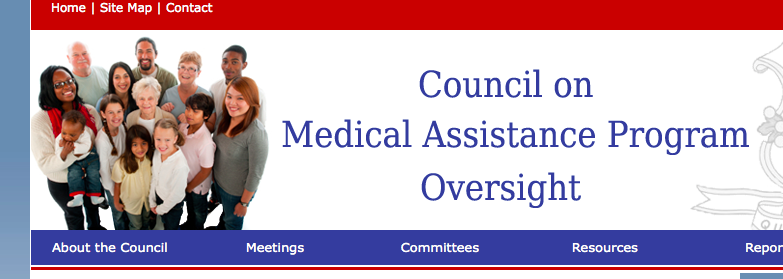Surprisingly, Medicaid applications are down sharply with the pandemic

At Friday’s MAPOC meeting, DSS reported that HUSKY applications were down 40% in May from a year before. This was unexpected given massive increases in unemployment and predictions of over 100,000 new Connecticut Medicaid members because of the pandemic. In January, February and March, applications ran 15% to 20% higher than last year. But a significant downturn started in March resulting in almost 7,000 fewer applications by May. DSS is not sure why, but offered some possible explanations including the shutdown of DSS offices for walk-in applications, families under stress are focused on securing food and housing, and that many employers continued health benefits to furloughed and laid off workers. HUSKY B reductions may be driven by unemployment and families now qualifying for HUSKY A/Medicaid. DSS noted that some other states have also seen reductions while others have seen spikes. In March, DSS suspended most renewals because of difficulty getting documents, allowing many to stay on HUSKY until the emergency is over.
New COVID testing coverage, a new federal option for states, has covered 1,310 state residents since March 18th.
There was an extensive discussion about the expanded Medicaid telemedicine options and reductions in childhood immunizations. While telehealth options are very popular with providers, members’ experiences seem more mixed. Families appreciate that they don’t have to find childcare and transportation to in-person visits, and it is working for many home care patients worried about the risks of in-home visits, there are concerns about whether telehealth visits work for behavioral health, hospice, and victims of domestic violence. Technology is a barrier for many members. There was considerable discussion about outreach to families about the need for immunizations and worries about flu vaccine rates in the fall. MAPOC will take up both questions at our July 10th meeting by Zoom.

